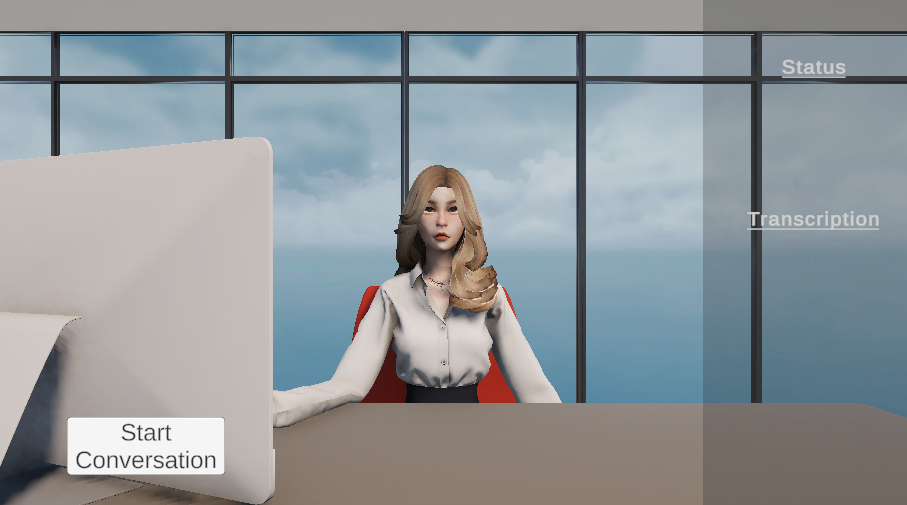Virtual reality opens new doors for brain injury recovery
University of Queensland (UQ) Research Fellow, Dr Robert Cuthbert, is exploring how virtual reality (VR) can help people with traumatic brain injury (TBI) regain confidence in the workplace.
Backed by seed funding from the Queensland Brain Injury Collaborative (QBIC), Dr Cuthbert is developing bespoke VR job interview simulations powered by artificial intelligence.
“By providing safe, dynamic space for practice, VR can strengthen people’s skills, confidence and independence,” he said.

“VR is able to simulate complex scenarios that provide real time feedback for individuals, which is valuable in improving engagement, retention, performance and overall learning outcomes from the tasks.
“Job interview simulators have evolved over the years moving from heavily scripted and structured scenarios to more complex interactions however, many of these are generic and lack tailoring for individuals, especially for those people living with TBI.”
According to Dr Cuthbert, who works with UQ’s RECOVER Injury Research Centre, VR technology has already proven effective in training and rehabilitation across many domains, and RECOVER is investigating its application in projects as diverse as therapy for driving anxiety and choosing the right wheelchair.

His inspiration came at a 2024 QBIC workshop where people living with brain injury described challenges in returning to work and social life. A recipient of QBIC’s 2024 Seed Funding Grant Scheme, he is now co-designing his VR technology with consumers and professionals.
“VR offers a unique opportunity to simulate meaningful interactions,” he said.
“The goal is confidence, independence and readiness for people with TBI to re-enter their lives.”
